For every €1 spent on cultural projects in Greece, €3.44 returns to the economy

Πηγή Φωτογραφίας: [367039] ΠΑΡΟΥΣΙΑΣΗ ΤΩΝ ΜΕΛΕΤΩΝ - ΕΡΓΩΝ ΑΠΟΚΑΤΑΣΤΑΣΗΣ ΤΟΥ ΔΑΣΙΚΟΥ ΤΟΠΙΟΥ ΚΑΙ ΤΩΝ ΑΝΑΚΤΟΡΙΚΩΝ ΚΗΠΩΝ ΣΤΟ ΠΡΩΗΝ ΒΑΣΙΛΙΚΟ ΚΤΗΜΑ ΤΟΥ ΤΑΤΟΪΟΥ ΚΑΙ ΤΩΝ ΕΡΓΩΝ ΣΥΝΤΗΡΗΣΗΣ ΤΩΝ ΤΑΦΙΚΩΝ ΜΝΗΜΕΙΩΝ (ΚΩΣΤΑΣ ΤΖΟΥΜΑΣ/EUROKINISSI)
“Does it make sense to invest a lot of money in the Culture sector when the funding of other, important sectors, such as health and education, are a priority, and unemployment is still at high levels?”: Answers to the above question, which is asked by those in Greece who consider culture as a kind of luxury, are given by the study conducted by Deloitte on the valuation of the socio-economic impacts of Culture projects.
The interesting results were presented on Tuesday at a special event organised by the Ministry of Culture.
Specifically, the study identifies the effects of cultural projects financed through the NSRF 2014-2020 program on employment and the local, regional and national economy, with particular emphasis on the tourism sector.
From investments amounting to 453 million euros, the total effects on the Greek economy amount to 1.56 billion euros, with the corresponding multiplier factor being 3.44 euros per euro of investment over a five-year horizon, that is, for every 1 euro spent on cultural projects, 3.44 euros returns to the economy.
The corresponding impacts on payroll and employment amounted to 259 million euros of sustained payroll and 22,106 sustained jobs from the cultural projects of the 2014-2020 programming period.
The footprint of cultural projects in the tourism sector was equally important, with 94 million euros of multiplier effects per year related to this sector.
“Our belief is that Culture is a basic social good”, underlined the Minister of Culture Lina Mendoni during the event and added: “Our absolute belief, which does not arise from some ‘cultural patriotism’ – but is based on international scientific research, and primarily – as will be demonstrated below – in safe data and measurable data from the Greek reality – is that investments in Culture – through the financing of the creation and operation of cultural infrastructures and institutions – must be a permanent and stable European and national priority.”
“Strong dual socio-economic dynamics characterise culture as it permeates and affects almost all aspects of social life and productive activity. As such, it constitutes a key and valuable resource for human development, which must be taken seriously in policy-making in all areas considered crucial for social cohesion and development, nationally and internationally,” she added.
The Minister of Culture also explained that “Culture, both in the form of cultural heritage and in the form of the cultural and creative industry, is considered a distinct economic sector, which uses resources, creates products and services, creates income and jobs, attracts and incites investment and therefore acts as a driving force for development” and added that “the restoration, promotion and rendering to the public of monuments and archaeological sites, as well as the creation and operation of museums and other cultural infrastructures, creates an ecosystem directly and indirectly related economic activities, market, production and service provision, both locally and at a wider level.”
She pointed out that “for the European Union, the cultural and creative sector is one of its most dynamic sectors, contributing approximately 2.6% of its GDP, and at the same time providing quality jobs to approximately 5 million people on the European continent.”
Lina Mendoni also mentioned current cultural projects, saying that “today, with European resources, the NSRF and the Recovery Fund, the Ministry of Culture is implementing the largest program of infrastructure projects, which includes more than 800 projects and actions, with a budget of approximately 1.25 billion euros – in addition to conventional routine projects that cover every aspect of Culture, cultural heritage, of all forms and all periods, contemporary creation, digital transformation, and employ thousands of workers of all specialties.”
“A necessary condition, of course, for all of the above is the respect and protection of cultural sites and products and the observance of the fine balance between their promotion and commercialisation,” the minister added.
For every €1 spent on cultural projects in Greece, €3.44 returns to the economy https://t.co/nnghx3JgRm pic.twitter.com/u1tc96FIYN
— Greek City Times (@greekcitytimes) February 28, 2024
Διαβάστε όλες τις τελευταίες Ειδήσεις από την Ελλάδα και τον Κόσμο






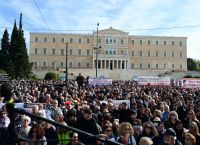






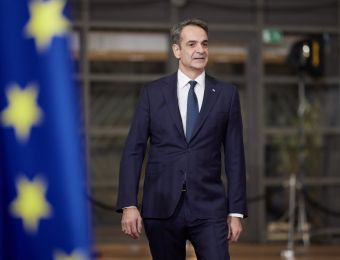

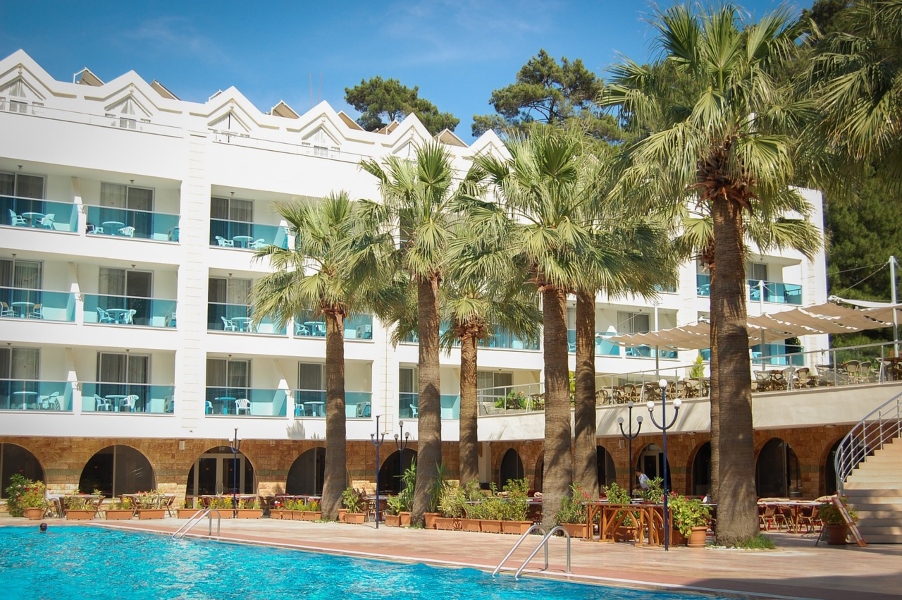


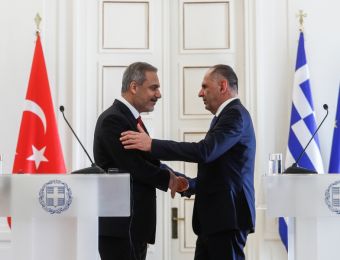
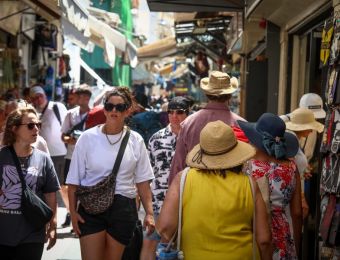

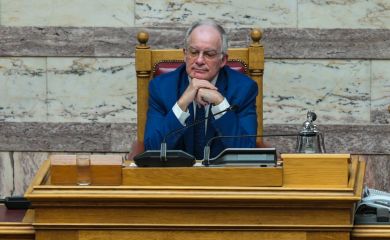
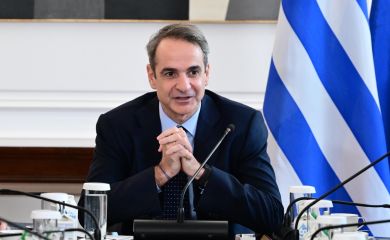
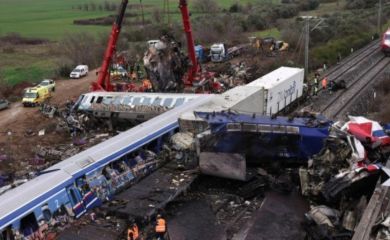

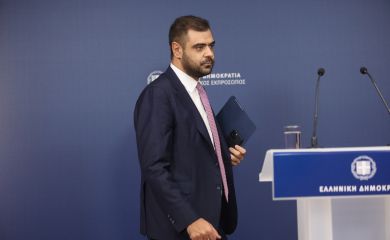
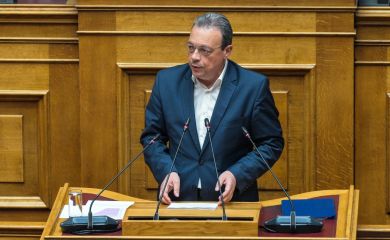
Το σχόλιο σας